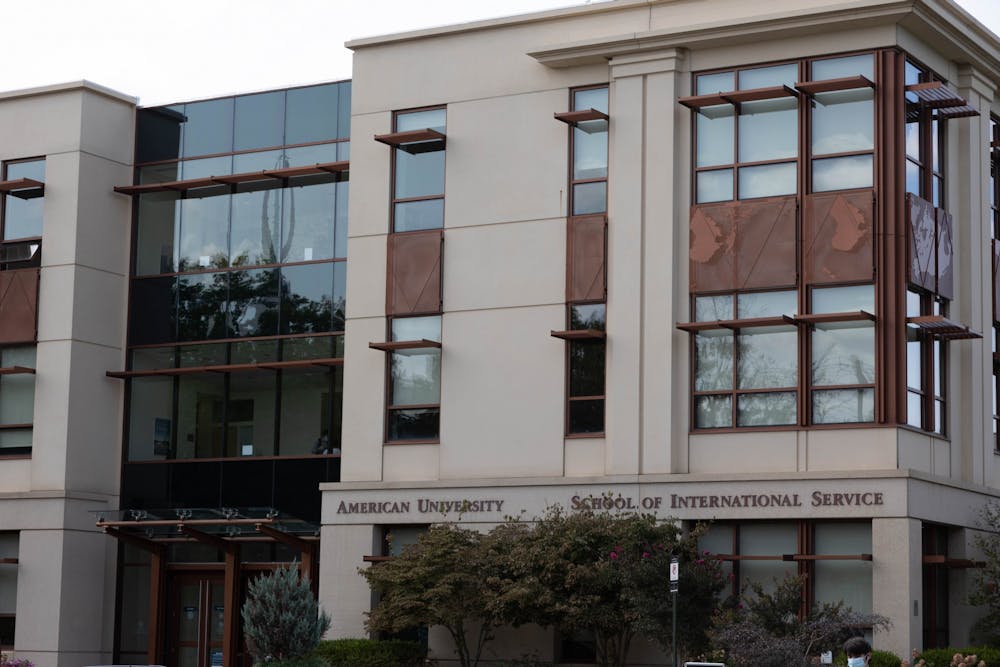Editor's note: This article has been updated a link with volunteer opportunities. A previous version of this article incorrectly named the School of International Service.
An American military aircraft carried the last U.S. troops out of Afghanistan on Aug. 30, marking the end of a 20-year war there and the beginning of the Taliban’s rule in the region.
As the events unfolded and desperation grew, an American University research team aimed to provide estimates of the number of Afghan refugees and Americans evacuated from Kabul, and those left behind. The team was organized by AU’s Center for Community Engagement and Service (CCES) Assistant Director Stephen Angelsmith, and School of International Service professor Tazreena Sajjad.
In collaboration with the Association for Wartime Allies, Angelsmith said the team from the University, along with outside researchers, compiled a list of Afghan civilians eligible for evacuation in only a matter of days.
“We issued a service appeal to the [AU] campus, and the response was overwhelming,” Angelsmith said. “We used a group of about 95 volunteers to research and mine public documents to try to come up with an accurate count of people who have worked, helping American soldiers.”
Angelsmith focused on the community engagement aspect of the research project. Sajjad, whose professional work focuses on Afghanistan research, post-conflict reconstruction and state building, gender and transitional justice, created the framework on how volunteers from the University conducted the research.
“What are the categories that we need to look at? How are we defining different kinds of vulnerable populations,” Sajjad said, listing the various conditions that were considered. “It was a conservative estimate that was put forward, but it was still an idea. It certainly does not provide a full estimate of how many people require sanctuary, but it gives you a baseline.”
According to the research team’s report published in the New York Times, an estimated 250,000 Afghan refugees eligible for U.S. visas were stranded in the country as of Aug. 25, along with 1,500 American citizens.
In a Sept. 1 press conference, U.S. Department of State spokesperson Ned Price said more than 23,000 at-risk Afghan citizens were evacuated, and 100 to 200 U.S. citizens remained in the country.
Both Angelsmith and Sajjad said more projects and service opportunities involving Afghan refugees are in the works, but could not provide more information on those projects or a timeline for when the AU community would be notified. However, they equally stressed the importance of staying engaged in other volunteer projects.
“If students are interested in refugees and forcible displacement and doing voluntary work, Afghanistan is not the only crisis,” Sajjad said. “Syria is still going on. There is an ongoing situation in the Gaza strip. There is a situation in Tigray. There are other opportunities to learn about [and] to know about.”
In Syria, a decade-long civil war has plunged the country into a humanitarian crisis, with food insecurity leaving an estimated half a million children chronically malnourished, according to UNICEF. In Ethiopia’s Tigray region, civilians are facing displacement and starvation following a humanitarian blockade imposed by the government in the most recent development of the 10-month war between Tigray forces and the Ethiopian government.
Angelsmith said he hopes the AU community demonstrates a maintained interest in need around the community, and that information on more research opportunities requiring the assistance of the AU community will be released as and when more research is needed.





